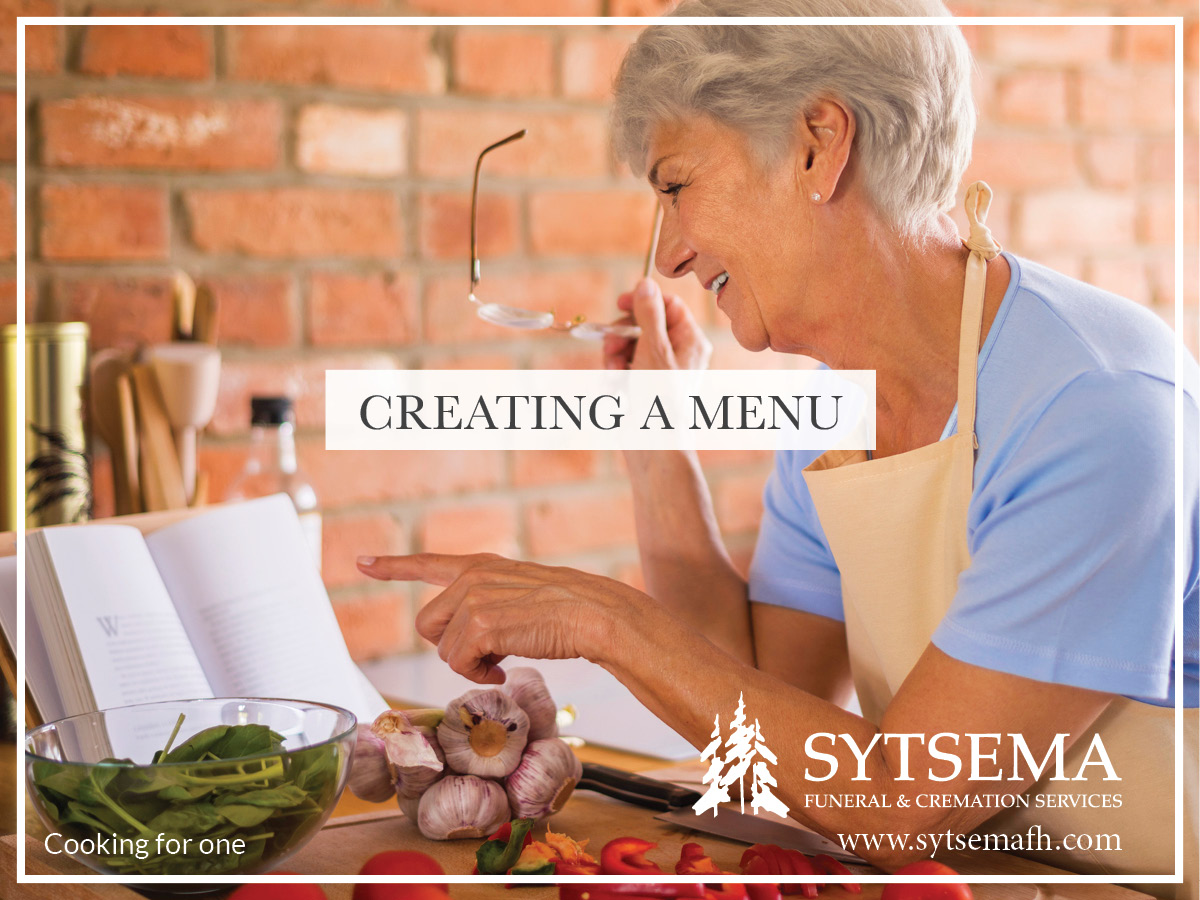
Cooking for One …The Perfect Egg
Posted on September 14, 2023 by Sytsema Funeral Home | Leave a comment
Posted under Grief
The Wednesday before Thanksgiving, standing in the checkout line at the local market, a woman looked up and saw a man gazing longingly at her cart which was full of food. As he looked at the food, he said, “I should learn to cook.” As the conversation progressed, he shared that his wife had died […]
Continue Reading
Choosing Music for a Funeral
Posted on August 31, 2023 by Sytsema Funeral Home | Leave a comment
Posted under Funeral Service
If it is given some thought, music can say everything about a loved one. Too often the power of including music as a part of a funeral service is overlooked. There is a lot to think about when planning a funeral so it is easy to see how music can get lost. There are many […]
Continue Reading
Who Becomes a Funeral Director?
Posted on August 17, 2023 by Sytsema Funeral Home | Leave a comment
Posted under Uncategorized
The funeral director is often the son or daughter of a funeral director. They grew up understanding the contribution the job brings to the community. Funeral directors are helpers. It’s more than just being understanding and compassionate. Funeral directors know what to do. They can guide a family that is in disarray due to a […]
Continue Reading
What Does the Embalming Room Look Like?
Posted on August 3, 2023 by Sytsema Funeral Home | Leave a comment
Posted under Funeral
What happens during the embalming process? What are the benefits of embalming? What are the options if I do not want my loved one embalmed? Embalming takes place in a designated area of the funeral home. This space is off-limits to all but the professional staff members. Similar to a surgical suite in a hospital, […]
Continue Reading
Three Things to Include in Your Funeral Plan
Posted on July 20, 2023 by Sytsema Funeral Home | Leave a comment
Posted under Advance funeral planning / preplanning
Many people plan their own funeral in advance. They keep their plan on file at the funeral home of their choice so that everyone in their family knows exactly what to do when they die. Others choose a more informal route and just tell their kids what they would like to have done. In either […]
Continue Reading